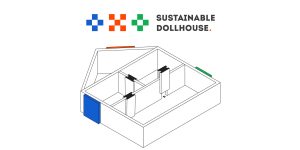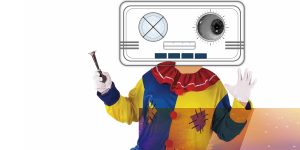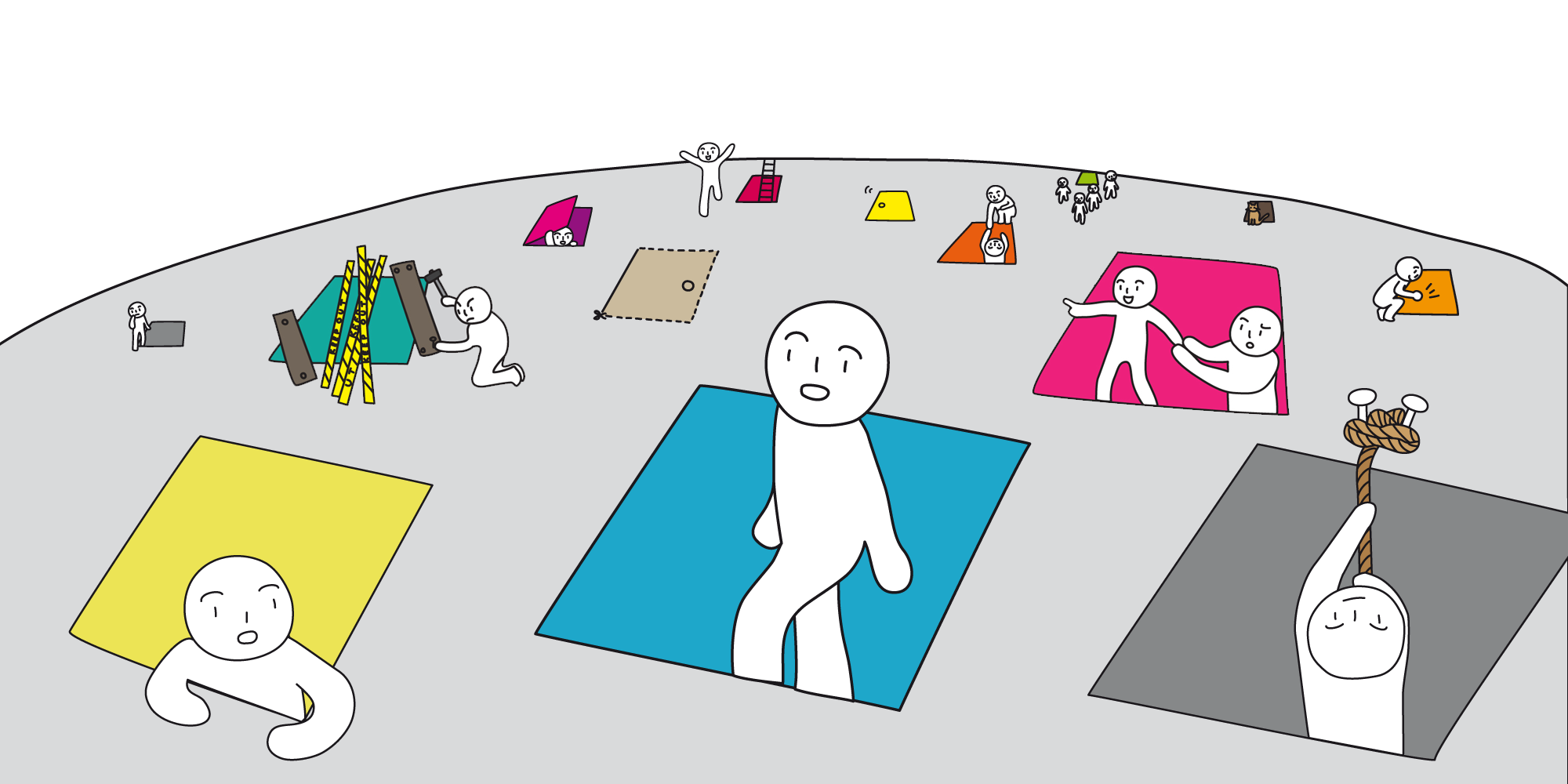artificial intelligence

NORAA – Machinic Doodles
Jessica In (UK/AU)
Machinic Doodles is an interactive game installation that examines the collaboration between a human and a robot named NORAA, an artificial intelligence that is learning to draw.

Murder On The Train
Bowen Yu (CN)
Spending time on a train is always so dull. I designed an online and offline cooperative detective game promoted on the train to help people enjoy their time on the train. Passengers join the game by scanning the QR code, upload the hidden information in the coach to the website with real time analysis, and enjoy the fun of solving the case together.

Dreama
Anya Wang (CN)
This project does not attempt to control dreams but instead to bring this invisible machine to the physical world. It offers the audience an opportunity to think about a new way to describe dreams and the human obsession with control.

Experiencing a future design process
Fachhochschule Vorarlberg/Vorarlberg University of Applied Sciences (AT) InterMedia MA – Masters’s Degree Program Design
Experiencing a future design process addresses the possible effects of artificial intelligence on the communication design profession. Which tasks can be solved with the help of algorithms? For which requirements will human services be indispensable in the future? With the help of an interactive game, design processes can be played through and the possible role of technological support can be experienced.

Making Monsters
Anqi Wang (CN)
This project aims to explore and discuss the combination of CCTV surveillance and machine learning. It invites audiences to consider this new paradigm in surveillance techniques by using cameras to detect and capture faces and process them in a deep learning Generative Adversarial Network.

OXO
Yulin Li (CN)
This dollhouse is a visual representation of a sustainable community, and aims to generate new insights into the future. It transforms the idea of green living from a small scale to a large scale that allows neighbors to negotiate and share resources. By inviting the audience to act as the coordinator of this system, it offers them the opportunity to explore the effective use of resources and avoidance of waste.

Expert Workshop on AIxCulture
Ars Electronica (AT)
Looking at the cultural, societal and philosophical aspects of Artificial Intelligence, the workshop focuses on the implications of AI for education, media, ethics and transparency. The expert participants will discuss impacts, benefits and threats of AI through the lens of concrete, artistic examples.

Human Limitations – Limited Humanity
The exhibition “Human Limitations – Limited Humanity” revolves around the relationship between humanity and the environment, and our limitations therein. What socio-ethical obligations arise from our present technologies and our ever-increasing interaction with nature?

The Golden Age
Xintong Wang (CN)
The project aims to build a path for audiences to explore and understand empathy, both how it is designed and misused. The uncanny valley shows that to a certain extent, the more humanoid the form of a machine is, the more empathetic a human is.

The New Face of Physiognomy
Tiantian Xiang (CN)
Physiognomy is a discarded 19th-century pseudoscience. However, AI bias seems to be resurrecting it. Why is this happening again? This project investigates human trust in AI by exploring bias in facial analysis systems. It juxtaposes face analysis from AI mathematical models with judgements from the pseudoscience of physiognomy to draw parallels between these two biased forms of sense making.


